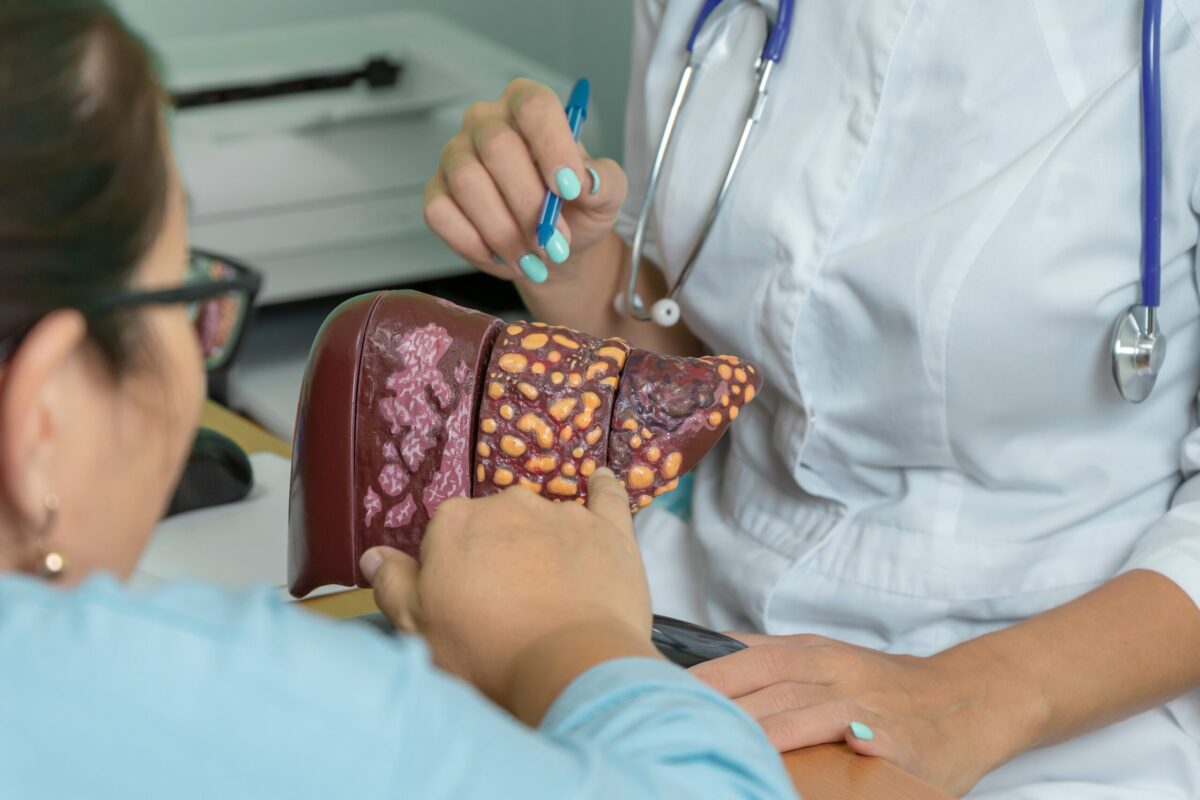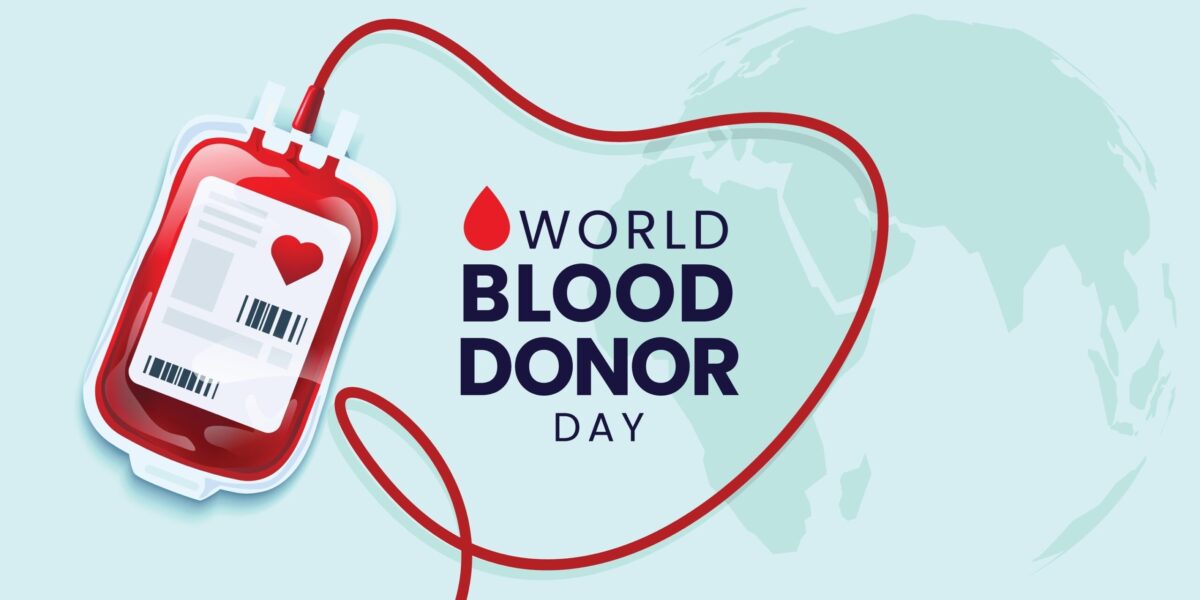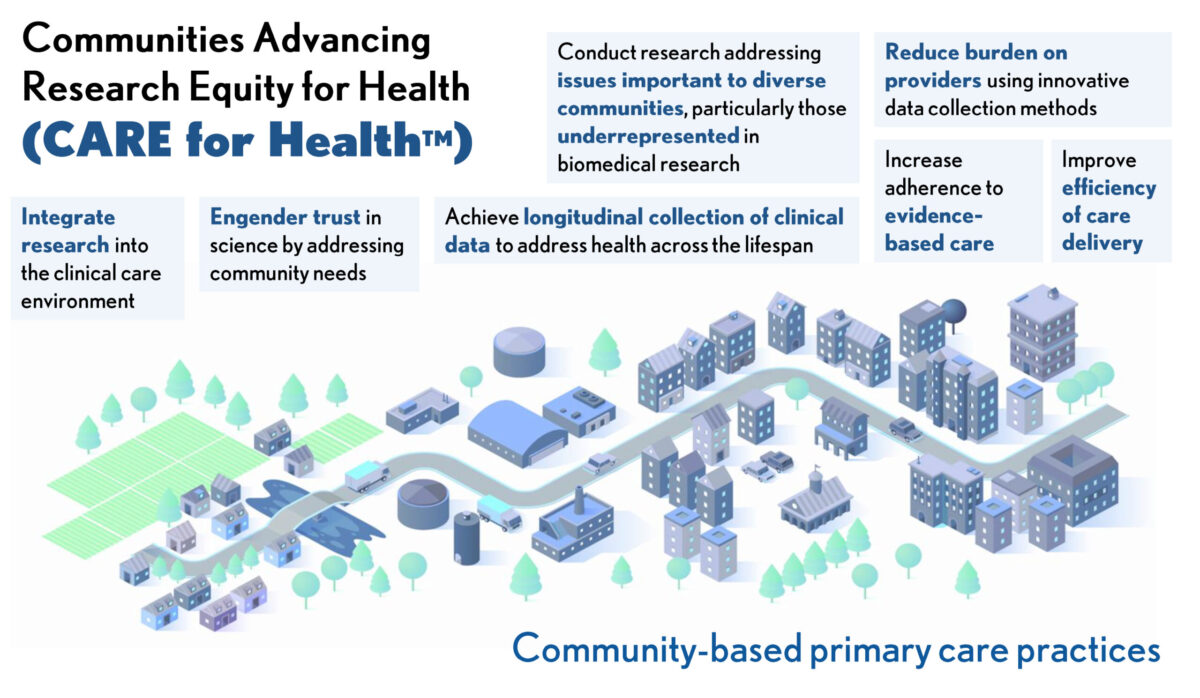Gonorrhea, a sexually transmitted infection (STI) caused by the bacterium Neisseria gonorrhoeae, affects millions of individuals worldwide annually. In recent years, traditional antibiotics have been losing their efficacy against this pathogen. However, GSK’s novel investigational antibiotic, gepotidacin, has demonstrated promising results as a new treatment for gonorrhea.
Gepotidacin is the first drug of a new chemical class of antibiotics known as novel bacterial topoisomerase inhibitors (NBTIs). It offers a unique mechanism of action unlike that of currently approved antibiotics. Gepotidacin selectively interacts with two important bacterial enzymes responsible for bacterial replication, thus making it effective against most target pathogens resistant to established antibiotics.
In a recent Phase III trial, EAGLE-1, gepotidacin fulfilled its primary goal of non-inferiority compared to the existing combination treatment. This result demonstrated its potential efficacy for use in adults and adolescents with gonorrhea, which accounts for approximately 82 million new cases globally each year.
In the EAGLE-1 trial, the primary endpoint was the microbiological response, defined as the elimination or persistence of the bacterial cause of gonorrhea, assessed during the Test-of-Cure (ToC) visit three to seven days following treatment. Results indicated that gepotidacin, given orally in two 3,000 mg doses, achieved a 92.6 percent success rate, closely matching the 91.2 percent success rate of the leading treatment regimen of 500 mg intramuscular ceftriaxone and 1,000 mg oral azithromycin.
In terms of safety and tolerability, the profile of gepotidacin during the EAGLE-1 trial aligned with observations from earlier Phase I and II studies. The most frequent adverse events (AEs) reported in participants treated with gepotidacin were gastrointestinal (GI) issues. These AEs were generally mild or moderate (Grade 1 or 2), with one severe (Grade 3) unrelated event recorded in each treatment group, and one unrelated serious event in the gepotidacin group.
Gonorrhea: Facts and Treatment Challenges
In recent years, the global health community has been dealing with the challenge of an increase in antibiotic-resistant infections, among which gonorrhea has emerged as a particularly concerning public health threat. Over the past few decades, N. gonorrhoeae has demonstrated considerable resistance in evading the effects of multiple classes of antibiotics, thus leading to the emergence of strains against which current treatments are less effective or, in some cases, completely ineffective. Some facts related to gonorrhea include:
- It is a preventable and curable sexually transmitted infection (STI).
- According to the Centers for Disease Control and Prevention (CDC), rates of reported gonorrhea have increased 118 percent from 2009 to 2021, with 648,056 cases being reported in 2022.
- More than 50 percent of infections occurred among young people aged 15 to 24.
- When untreated, gonorrhea can lead to infertility in both men and women and other sexual and reproductive health complications.
Antimicrobial resistance (AMR) to gonorrhea is a serious challenge, rendering many classes of antibiotics ineffective with the risk of becoming untreatable.
Gepotidacin’s Novel Mechanism of Action
The development of gepotidacin is part of a broader effort to address AMR, which occurs when bacteria, viruses, fungi and parasites change over time and no longer respond to medicines. This makes infections harder to treat and increases the risk of disease spread, severe illness and death.
Unlike traditional antibiotics, gepotidacin works by inhibiting the DNA replication process of the bacteria. In particular, it targets and inhibits bacterial topoisomerase II (DNA gyrase) and topoisomerase IV enzymes. These enzymes are important for bacterial DNA replication, transcription and recombination. Therefore, gepotidacin’s unique mechanism of action is advantageous because it reduces the possibility of cross-resistance from drugs targeting other bacterial functions.
GSK’s Commitment to Combating Antibiotic Resistance
GSK’s drug development program is part of its broader efforts toward addressing the issue of antibiotic resistance. As one of the few large pharmaceutical companies engaged in antibacterial research, GSK’s work highlights the critical requirement for new therapeutic options for evolving bacterial threats. GSK entered into a collaboration with the US government’s Biomedical Advanced Research and Development Authority (BARDA) and Defense Threat Reduction Agency (DTRA).
GSK’s global Phase III clinical program for gepotidacin, targeting adults and adolescents, has recently wrapped up. This program consisted of three key trials:
- The EAGLE-1 trial, which evaluated the efficacy and safety of gepotidacin against the standard regimen of ceftriaxone plus azithromycin, involved about 600 patients with uncomplicated urogenital gonorrhea and aimed to establish non-inferiority.
- In the EAGLE-2 and EAGLE-3 trials, which also focused on non-inferiority, gepotidacin was tested against nitrofurantoin for the treatment of uncomplicated urinary tract infections (uUTIs). Here, gepotidacin was administered as 1,500 mg orally twice daily over five days, mirroring the dosing schedule for nitrofurantoin at 100 mg. These trials spanned about 28 days per participant, with the primary endpoint being the aggregate clinical and microbiological response during the ToC visit, occurring between days 10 and 13, in patients whose uropathogens were susceptible to nitrofurantoin.
GSK has also been working on a vaccine, NgG, which is aimed at preventing N. gonorrhoeae infections. This vaccine has received Fast Track designation from the US Food and Drug Administration (FDA). It is currently being evaluated in a Phase II clinical trial to assess its efficacy in healthy adults aged between 18 and 50 years who are considered at risk of gonorrhea. This development addresses a major concern for sexual and reproductive health globally.
To date, there have been no approvals for gonorrhea-related vaccines, making GSK’s effort in conducting a Phase I/II first-in-human trial of NgG an important step towards addressing this gap. The advancement of both a new drug and vaccine against gonorrhea underscores the important requirement for innovative solutions to tackle antibiotic resistance and prevent infections.












Join or login to leave a comment
JOIN LOGIN